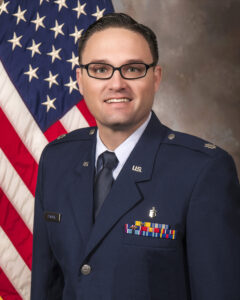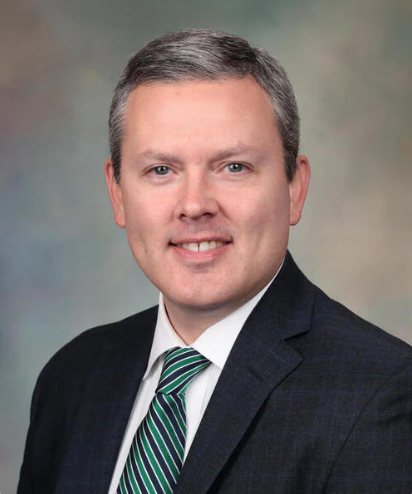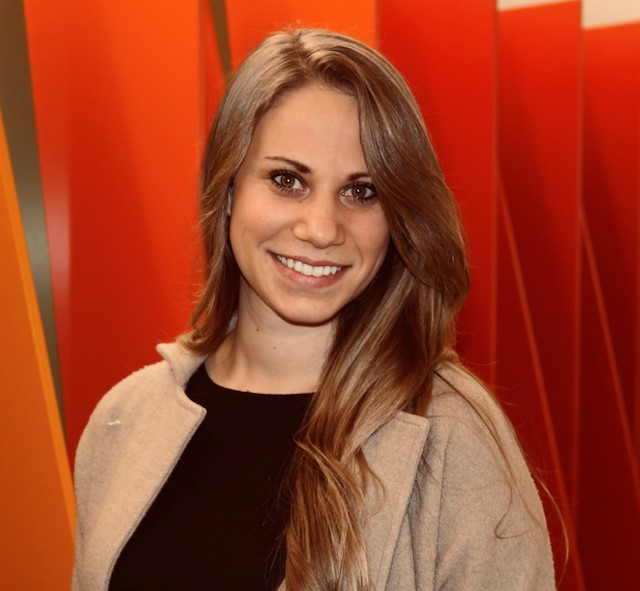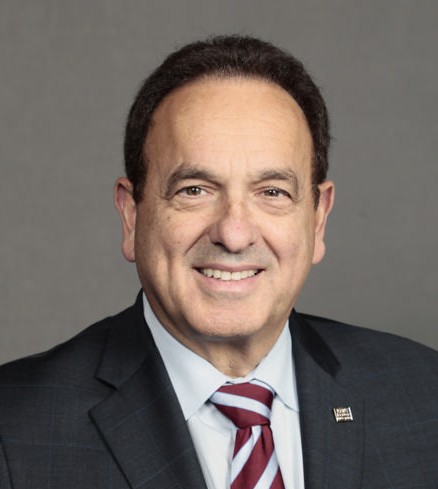He’s Proud to Serve His Country and Profession
As a lieutenant colonel in the United States Air Force, Justin Peacock, MD, lives a life of service. He brings that commitment to his duties as an ABR volunteer.
Dr. Peacock, who writes questions for the Diagnostic Radiology (DR) Certifying Exam and DR Nuclear Radiology Subspecialty Exam, was developing content in his work life to prepare candidates and medical students for their futures before he became a volunteer. The experience encouraged him to apply to join the ABR’s ranks.
“That got me intrigued about the possibility,” he said. “I’m really passionate about medical education,” he said.
Dr. Peacock started as an Online Longitudinal Assessment question writer. He said the training he received from the ABR made the assignment of developing questions for a Continuing Certification audience less intimidating.

“The training helped me refine the process,” he said. “It wasn’t as intensely challenging as I thought.”
Eventually, he moved to an Initial Certification exam committee, a more comfortable environment given his experience writing questions for residents and medical students.
OLA questions are intentionally written to test walking-around knowledge. The content that Dr. Peacock was used to producing required more studying.
“The types of questions that I was interested in, those higher-level-order ones, were not what was needed for OLA,” he said. “So, I made the shift over to a subspecialty committee.”
In his capacity as chair of the DR Nuclear Radiology Subspecialty Committee, Derek Johnson, MD, has worked alongside Dr. Peacock and appreciates the skills and knowledge he brings to the team.
“Dr. Peacock’s work on the committee has been outstanding,” Dr. Johnson said. “He writes questions that require thought and judgment on the part of the exam taker without being too difficult. He always steps up when there is extra work to be done or questions about a rare condition to be written.”
Dr. Peacock is interested in expanding his volunteer duties by serving as a DR oral examiner when the format returns in 2028. The recruiting process for the large cohort of examiners needed will begin next year.
“I’m excited,” he said. “I’m interested in seeing what the format looks like.”
As is the case with many volunteers, Dr. Peacock gets inspiration from his job when he develops questions. He’s an associate dean for research and assistant professor at a military health sciences university in Maryland.
He sticks with cases that aren’t unique to the military to ensure that the questions are fair for any examinee.
“We don’t ask questions that are too military specific because we don’t want the answer to be something that’s unknown in other places,” he said.
Dr. Peacock’s two grandfathers were in World War II. Their experiences inspired him to serve his country.
“Hearing their stories, seeing the impact of the war on their lives and the lives of their close family members and friends impacted me at a young age,” he said.
Growing up, he advanced as a Boy Scout to the rank of Eagle Scout. He also participated in Boys’ State, a program sponsored by the American Legion to give him better insight into how government functions.
“Learning more about veterans and how government works inspired me,” he said.
Being a military physician gives him a unique sense of teamwork. They know the patients they work with are committed to the same goals of serving their country. Dr. Peacock says that sense of duty creates a lasting bond with his colleagues.
“The military has some of the best physicians that I’ve seen anywhere in the United States,” he said. “The collegiality, the comradery … helping each other out. My colleagues are fantastic.”






